Nine UG researchers awarded Vidi grant
The Dutch Research Council (NWO) has awarded a Vidi grant of up to €850,000 to Tom Boot, Thijs Bouman, Jasperina Brouwer, Julia Costa López, Bahar Haghighat, Namkje Koudenburg, Sebastian Lequime, Loredana Protesescu and Marthe Walvoort. With this grant, the researchers can develop their own innovative research plans and establish their own research groups.
Vidi grants are intended for experienced researchers who have been conducting successful research for some years after gaining a PhD. Alongside the Veni and Vici grants, the Vidi grant is part of the NWO Talent Programme. Within this programme, researchers are free to submit their own topics for funding. In total, 778 researchers submitted their research proposals in the hope of acquiring funding during this round of Vidi applications. 149 of these proposals were honoured. This round, NWO has been able to grant additional funds to honor more high-quality proposals. This enables NWO to give talented researchers a helping hand in times of cutbacks in research and science.
UG researchers who have been awarded a Vidi grant:
What happens there, matters here: the econometrics of latent connections
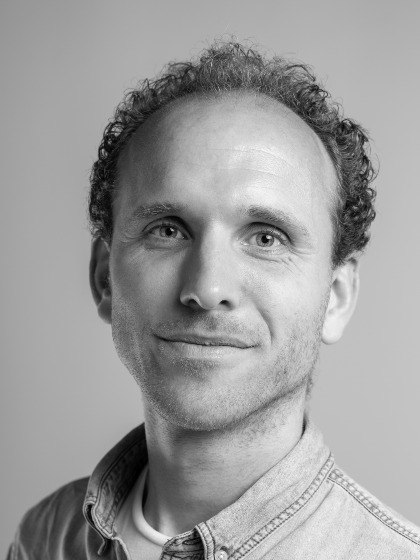
Dr. Tom Boot (Faculty of Economics and Business)
Economic policies do not just affect one individual, one company, or one country. Instead, their effects spread: a wage increase affects the direct recipient and those that depend on their income, a financial stimulus for one local business affects others in the supply chain. In practice, researchers rarely know who is exactly connected to whom. As a result, economic policy can produce unintended and unpredictable side effects. This research develops new methods to uncover hidden economic connections directly from data. By making these links visible, policy makers can anticipate and manage spillovers, rather than being surprised by them.
A Climate of Cynicism: Causes, Consequences and Remedies Relating to Widespread Cynicism about People’s Value-Basis for Climate Action
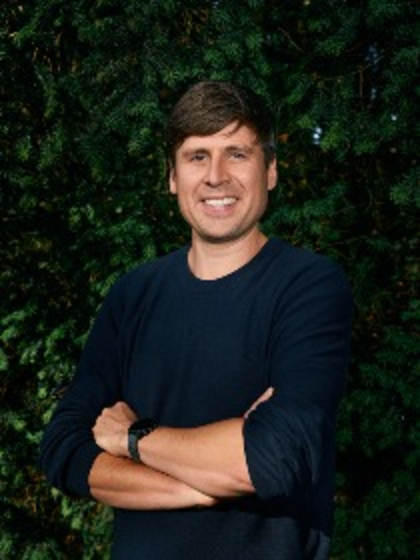
Dr Thijs Bouman (Faculty of Behavioural and Social Sciences)
There is an urgent need to address climate change, yet action is lacking. Limited engagement in climate action is often interpreted with cynicism: “people are primarily self-interested and undervalue society and nature”. However, the opposite turns out to be true. Most people value nature and society strongly, and are willing to support and take climate action. This Vidi project examines whether cynicism, rather than indifference, hinders climate efforts. Does it discourage individuals from participating? Does it prevent decision-makers from implementing those policies that enable climate action? And could reducing cynicism be vital for achieving a sustainable society?
The future of informal care
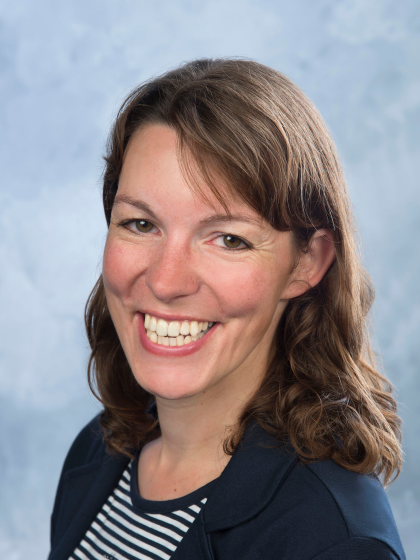
Dr Jasperina Brouwer (Faculty of Behavioural and Social Sciences)
This longitudinal study investigates the conditions for providing sufficient informal care by developing the Social Care model to study how individual, social and societal determinants (legal regulations, policies, social norms and values), influence changes in caregiving networks. Based on collected empirical data, simulation models will explain which conditions enable citizens to provide informal care and what future available care will look like, given demographic changes. The findings are crucial for developing solutions that ensure sustainable informal care.
Communities in Time. Bodies, Customs, and Rhythms in the Early Iberian World

Dr Julia Costa López (Faculty of Arts)
This project analyses how the ideas of what a political community is changed in the contacts between cultures in the fifteenth and sixteenth century Portuguese and Spanish empires. It looks at different social practices and how they portrayed communities as something that exists in time. Specifically, it looks at how people claimed to be following a collective custom, at how medical science thought bodies could change but also pass on traits through generations, and at how conquered communities changed their use of time. Through this, the project aims to understand how different ideas of time interact and change each other.
An Autonomous Miniaturized Robot Swarm for Real-Time Infrastructure Vibration Inspection
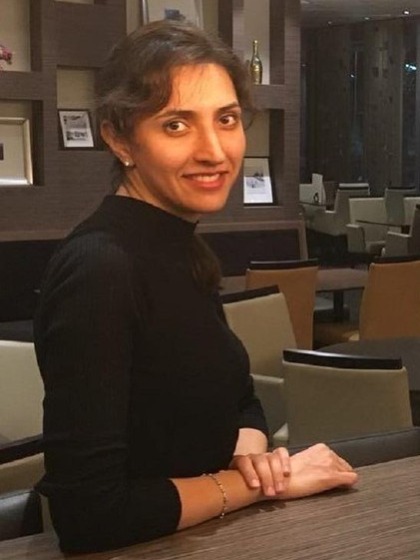
Dr Bahar Haghighat (Faculty of Science and Engineering)
Aging steel infrastructure can develop hidden damage that leads to costly repairs or dangerous failures. This project develops a new system of miniature robots that move across steel structures to detect signs of structural damage. Working together as an intelligent swarm, the robots analyze vibration signals to identify potential defects and adapt their inspection strategy in real time. By combining robotics and artificial intelligence in a compact and autonomous system, this approach makes infrastructure inspection faster, safer, and more reliable, helping extend the lifespan of critical structures while reducing maintenance costs and risks to human inspectors.
The Conversational Dynamics of Polarization: Bottom-Up Drivers of Societal Division and Democratic Resilience.
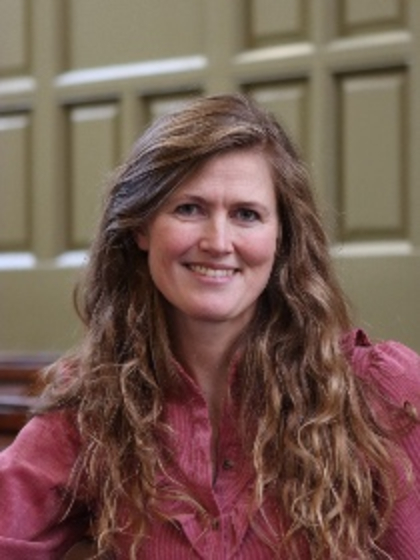
Prof. Namkje Koudenburg (Faculty of Behavioural and Social Sciences)
Polarization is one of the major challenges of democratic societies. Taking a bottom-up approach, this research examines whether micro-dynamics in everyday (political) conversations can fuel societal polarization. It also tests whether subtle changes in conversational form contribute to a healthier democratic debate. The goal is to develop practical tools and interventions—together with governments and media partners—to reduce the tension that arises from opinion differences and improve public debate.
How do viruses evolve when they are not alone?
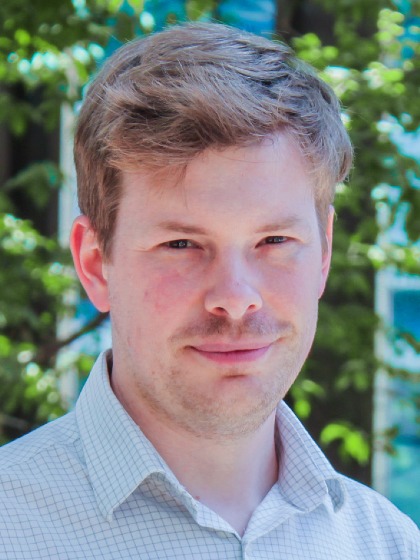
Dr Sebastian Lequime (Faculty of Science and Engineering)
The rise of viral outbreaks and pandemics underscores the urgent need to understand viral evolution to better prevent and manage viruses' impact on human and animal health. Most studies overlook that viruses often co-infect hosts alongside other viruses and endogenous viral elements—viral genetic remnants embedded in host genomes. How these factors influence viral evolution remains unclear, despite their potential role in shaping epidemic dynamics and drug resistance. This project investigates the role of co-infections and endogenous viral elements in viral evolution, using an experimental model.
Autonomous and responsive inks for next-generation energy nanomaterials (INKS)
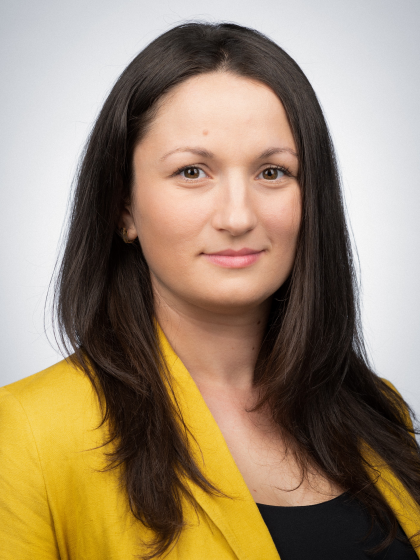
Prof. Loredana Protesescu (Faculty of Science and Engineering)
Creating efficient, affordable, and durable materials for energy technologies is a challenge. Traditional methods require complex layers of different materials, which can be costly and limit device performance. To simplify this, I aim to develop a one-step process using smart inks that react to pH, temperature, or pressure to create multilayered, stable thin films. The ink will contain perovskite chalcogenide nanomaterials, which combine the benefits of traditional perovskites with enhanced resistance to heat, moisture, UV exposure. This process will streamline production, improve device efficiency, reduce energy use, and make them more durable—ultimately advancing energy technologies for a sustainable future.
Healthy sugars for a healthy gut: Synthetic strategies towards complex exopolysaccharides
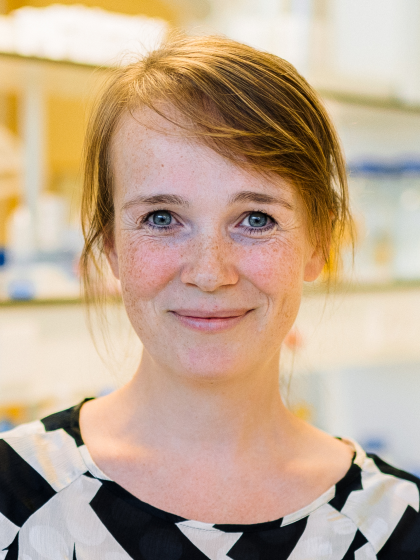
Prof. Marthe Walvoort (Faculty of Science and Engineering)
Bifidobacteria produce a unique extracellular sugarcoat containing specific polysaccharides that promote a healthy gut. Current methods to isolate the polysaccharides suffer from low yields and purities, hampering necessary structure-response studies, and ultimately the development of polysaccharide-based therapeutics. In this project, the researchers will develop effective methods to make these polysaccharides in high purity for the first time, which will transform the research on probiotics. Having pure polysaccharides in hand enables our understanding of the bifidobacterial health effects on the intestine and inflammation.
More news
-
19 December 2025
Mariano Méndez receives Argentine RAÍCES award
-
18 December 2025
Why innovate, and for whom?
-
17 December 2025
Ben Feringa wins Feynman Prize
